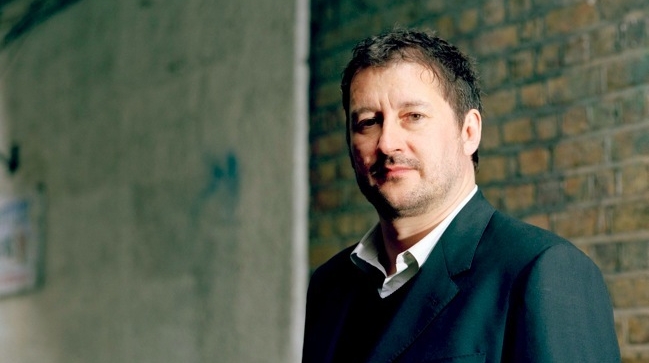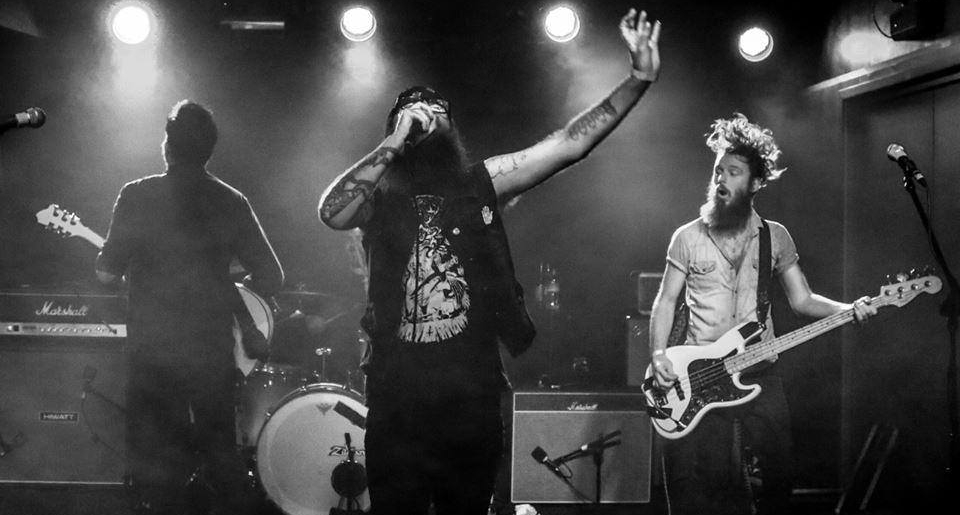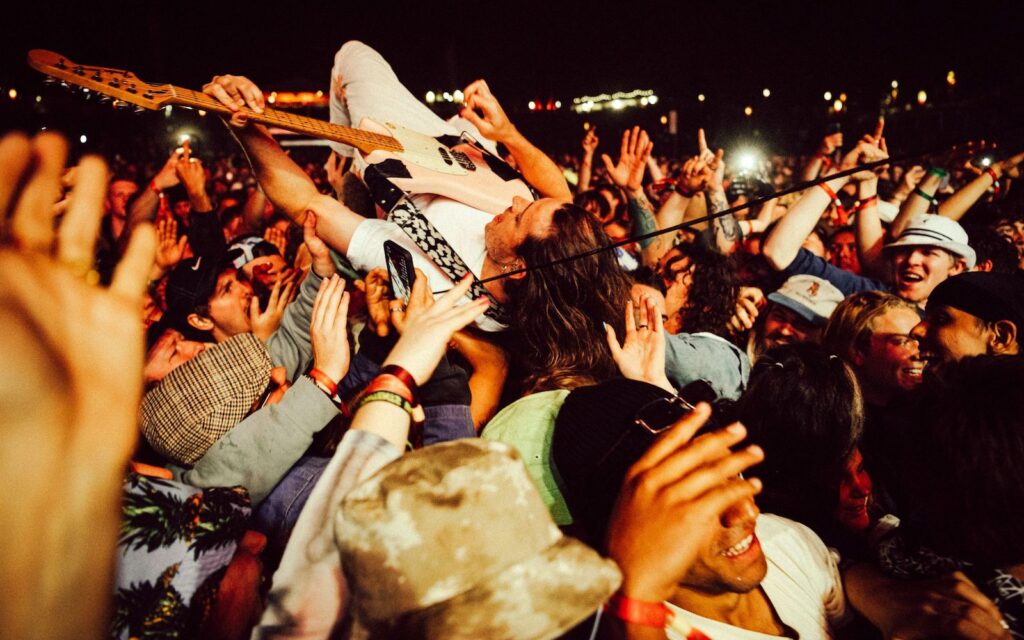In fact, Mansell has been working with Aronofsky for nearly two decades, scoring everything from the director’s 1997 debut, Pi, through to the high drama of Black Swan, and last year’s biblical epic, Noah. Along the way, Mansell’s also provided music for works as varied as the video game Mass Effect 3, Duncan Jones’ directorial debut, Moon, and the 2014 screen adaptation of the Irving Welsh novel, Filth.
“When I was back in Pop Will Eat Itself, I could never imagine I would’ve written the body of work that I’ve written,” Mansell says from his home in Los Angeles. “I just wasn’t that way inclined back then, or hadn’t found the medium to do it in.
“But when it came to film – the weird thing about film is because the film’s there, you’re restricted. You can’t do anything you want. It has to be in sync with the film, it has to speak with the film and it has to support the film, so your choices actually are quite narrow. But within that, you can kind of do anything you want. I always think it’s like, you know, if you’re going to write some music and you walk into a studio and it’s just chock-stock full of loads of gear and loads of instruments, you don’t know where to start. But if you only have two keyboards, you pretty much know where you’re going to start – that one or that one. And that forces your creativity in a certain way.”
Mansell’s body of work possesses remarkable diversity – from the trip hop and drum’n’bass discomfort of Pi to the melancholy drama of The Fountain and the uneasy tension of Moon. If there’s any consistent thread, it’s the resonance of small motifs. For instance, the painful string interplay in Requiem for a Dream centrepiece Lux Aeterna is arguably more iconic than any of the film’s dialogue, while the versatile piano riffs heard in Moon are central to depicting the character’s sense of comfort, curiosity and danger.
Mansell is in town next month for Mebourne Festival, playing two shows of his cinematic material at the Melbourne Recital Cinema, accompanied by a micro-orchestra he’s recruited during his tenure in Los Angeles. These performances are something of a rarity – although Mansell returned to the stage close to a decade ago, he’s given only a dozen or so performances since.
“I suppose it probably had something to do with my ego,” he says of taking his cinematic work to the stage. “I missed playing live, but I didn’t miss playing live in the way I would have when I was 25 or 30. I’m 52 now so the last thing I want to do is be the oldest swinger in town, like getting out there in the cat suit and pulling the shapes and the moves and trying to rock the house. But I did like playing live and I like that interaction with the audience.
“At the end of the day, playing music is great fun. I just wanted to enjoy it and interact with the audience. When you write – particularly a film score – it goes off with the film and you kind of never see it again. Playing it live, you get to rediscover it and get to own it again. It comes back to life for you and it’s exhilarating.”
BY MATTHEW TOMICH







